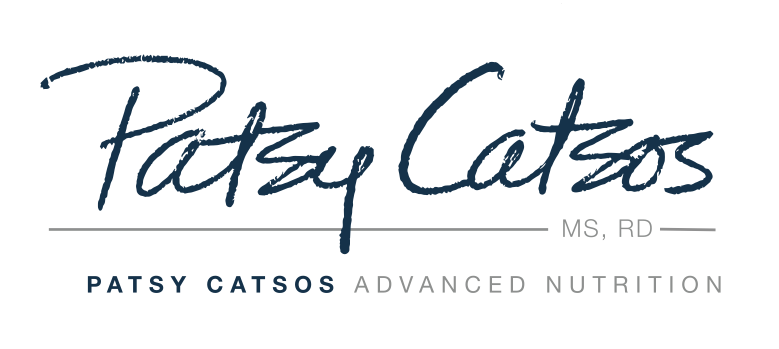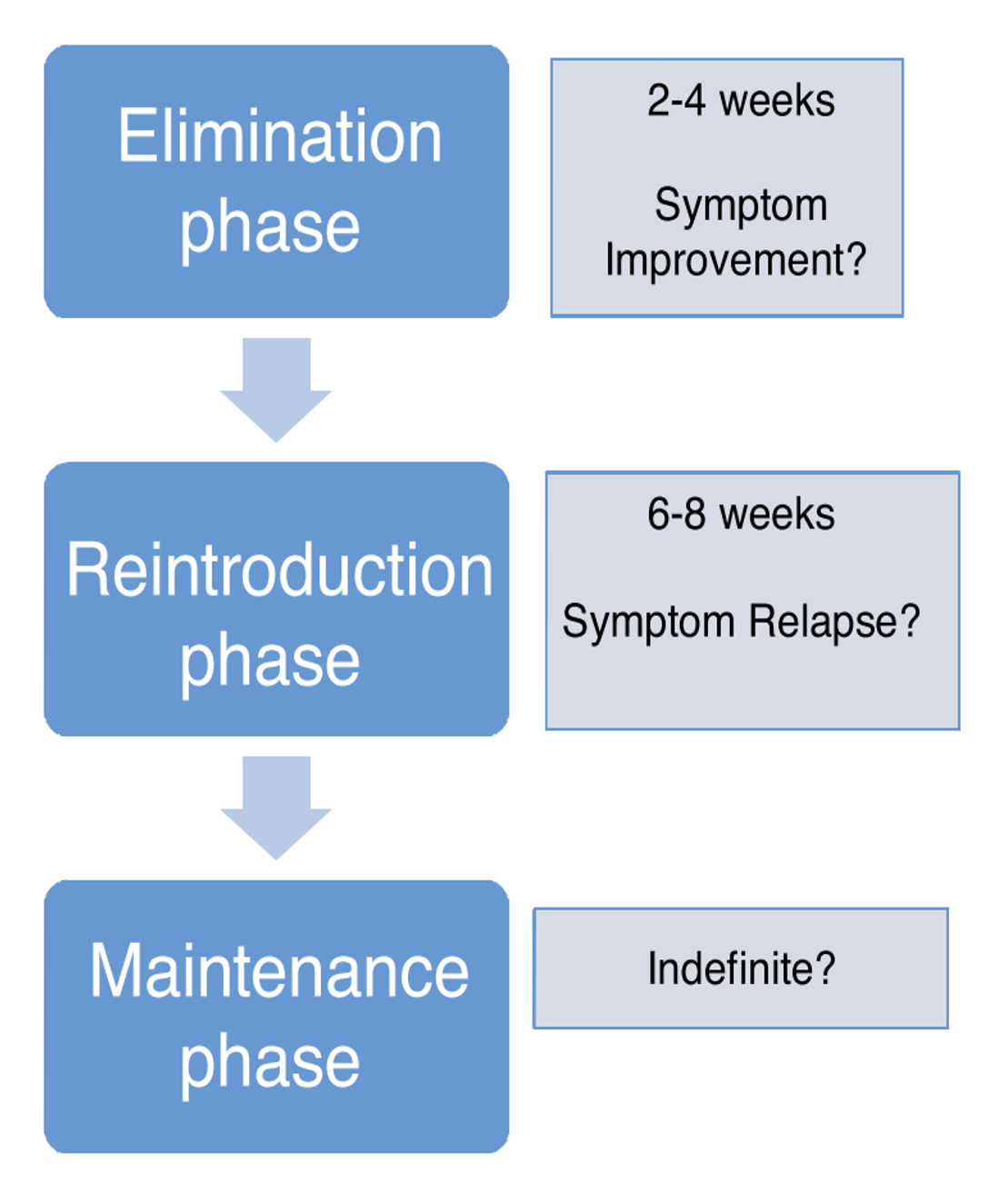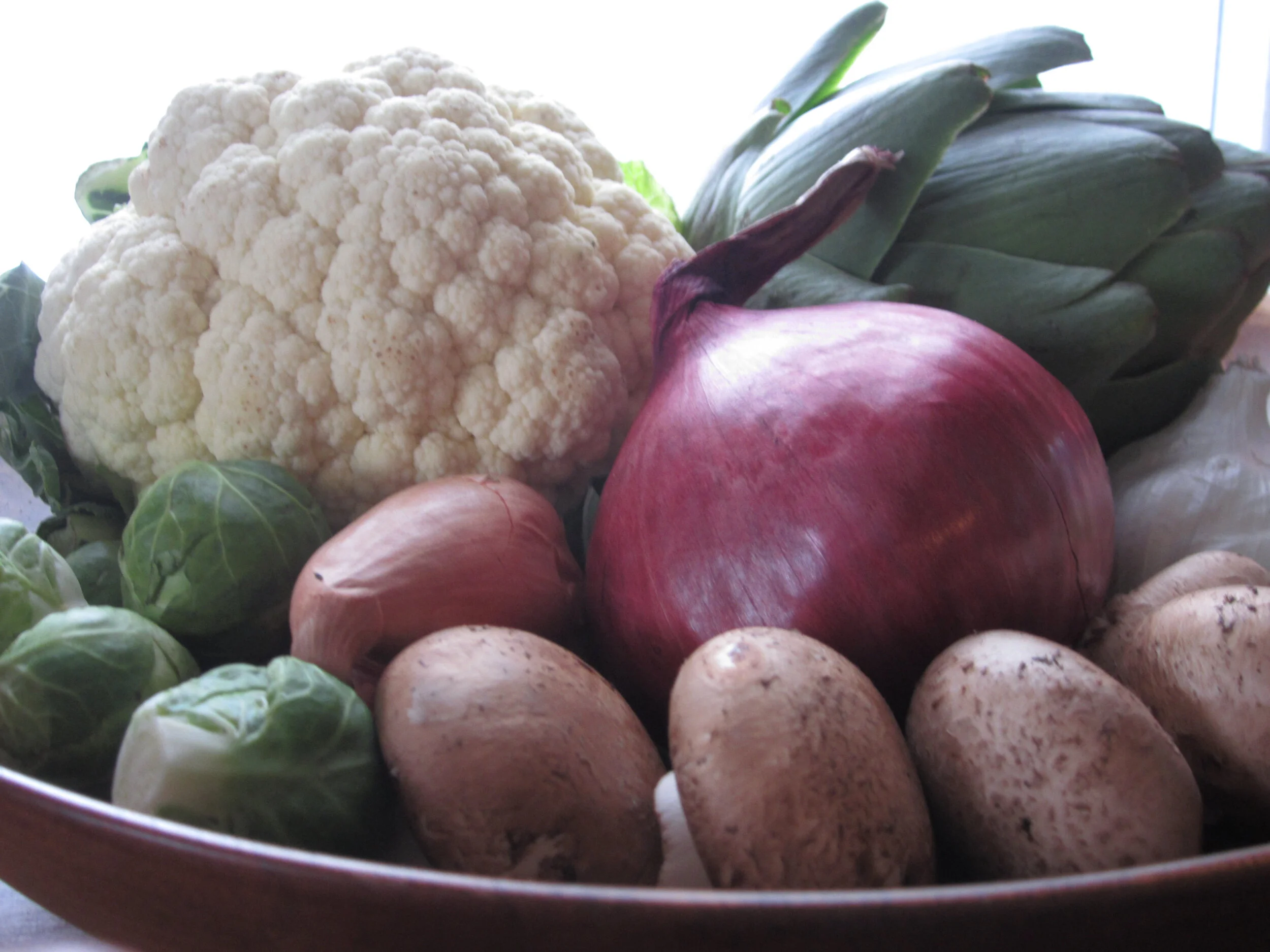Q. After going low FODMAP a few years ago, I’m still loosely eating that way. I’ve read it is not good to stay on the diet long term but I feel like it really helps me keep IBS undER Control. Why not stay low FODMAP INDEFINITELY when it may be helping?
The short answer is that a Low FODMAP diet may be too limited in some cases. More variety, usually results in a more nutritious diet and promotes a better food quality of life.
In many ways it is so much simpler to just follow the rules and stay low-FODMAP than it is to go through the uncertainly of the reintroduction process. But simple isn’t always easy, is it? In fact, most of my practice these days, almost 15 years into the FODMAP era, consists of helping people take those next important steps toward a varied diet. Why bother?
Ideally, the FODMAP elimination diet is a short dietary experiment. Eswaran SL Curr Opin Pharmacol, 2017
As you have read, low-FODMAP diet is meant to be a short dietary experiement, to get IBS symptoms under control. If it doesn’t work for you, don’t continue it. If it does improve your abdominal and bowel symptoms, it should be followed by a reintroduction process. That is the only way to figure out which FODMAPs are (and are not) symptom triggers for YOU. They are not the same for everyone. This paves the way for you to enjoy a more varied diet.
A Varied Diet is more nutritious
Fortunately, there are good low-FODMAP sources of all nutrients. So if you are willing and able to eat a wide variety of low-FODMAP foods you might not have to worry too much about this one. But, if you add other dietary restrictions, you can find yourself eating a repetitive, short list of foods that comes up short in some areas. For example, it can be difficult for vegans to get enough protein on low-FODMAP diets, if they are used to eating a lot more beans, nuts and seeds. Other people might be at risk for poor intake of certain nutrients even on their usual diets, in ways that have less to do specifically with FODMAPs. For example, people on dairy-free diet rarely get the recommended amounts of calcium from food. People who don’t care for green leafy vegetables or nuts probably aren’t consuming enough magnesium, and so on.
Some FODMAPs are important prebiotics
Fructans and GOS are two of the six FODMAPs that are limited on low-FODMAP diets. They are also well-known prebiotics. Prebiotics are selectively fermented by the “good” bacteria in you gut, to produce beneficial substances like short chain fatty acids. When you are on a low-FODMAP diet you cut back on these a great deal.. Hopefully you are still eating low-FODMAP servings of foods that contain some fructans and GOS, along with good low-FODMAP sources of prebiotics. Choose low-FODMAP servings of whole grains, fruits, vegetables, nuts, seeds, and legumes. After the reintroduction process, you should eat larger servings of these foods if you can tolerate them, to increase your intake of prebiotics.
Food Quality of Life
Sharing is an important part of “food quality of life”. Photo credit: C. Catsos
Most people find that their food quality of life is better when they are eating a more varied diet. What does this mean? It means being able to share in communal food life and (mostly) eating what is served when dining with friends and family. It means not having to say “no” to everything just because you are following the rules, and not having to bring your own meals to gatherings. It means enjoying occasional restaurant meals with more confidence. It means generally just having a better relationship with food and being less afraid of food and eating.
Be Sure
Your question indicated you “feel like” low FODMAP diet keeps your IBS under control and “may be helping”. You need to be more certain than that to justify the potential drawbacks of a long term low FODMAP diet. Self-knowledge is your ticket forward. Gain it by reintroducing FODMAPs in a structured way, monitoring symptoms, then adjusting your diet as tolerated.
This page may contain affiliate links. We are a participant in the Amazon Services LLC Associates Program, an affiliate advertising program designed to provide a means for us to earn fees by linking to Amazon.com and affiliated sites.






